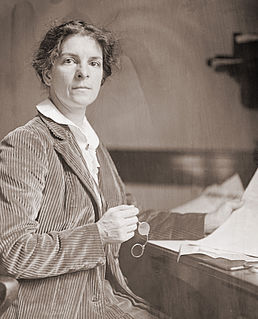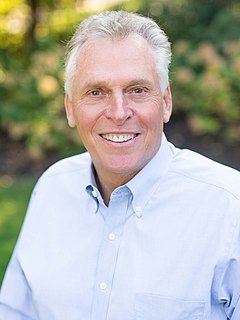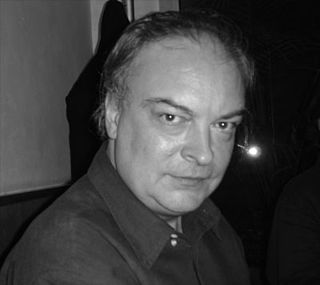A Quote by Tom Robbins
In Seattle, I soon found that my radical ideas and aesthetic explorations - ideas and explorations that in Richmond, Virginia, might have gotten me stoned to death with hush puppies - were not only accepted but occasionally applauded.
Related Quotes
There are a lot of explorations on TV of romantic relationships, and some are good and some are bad. I think there are very few explorations of male friendship that' s not just a wingman type friendship and not just an opportunity for humor, but that really explores two friends and their relationship.
[Bernard Leach] was an incredible draftsman, and at the end of breakfast time, for instance, he would push his plate back, and he'd pull an old scrap of paper out of his pocket and a little stub of a pencil, and he'd begin to make small drawings, about an inch and a half, two inches tall, of pots that he wanted to make. And they were beautiful drawings. I really wish I'd stolen some of those scraps of paper, because those drawings were exquisite explorations of his ideas of form and volume in a ceramic piece.
It is no exaggeration to say that every human being is hypnotized to some extent either by ideas he has uncritically accepted from others or ideas he has repeated to himself or convinced himself are true. These negative ideas have exactly the same effect upon our behavior as the negative ideas implanted into the mind of a hypnotized subject by a professional hypnotist.
The radical ideas of one generation have become the common sense of the next. We all stand on the shoulders of earlier generations of reformers, radicals, and idealists who challenged the status quo of their day. They helped change America by organizing movements, pushing for radical reforms, popularizing progressive ideas, and spurring others to action.






































